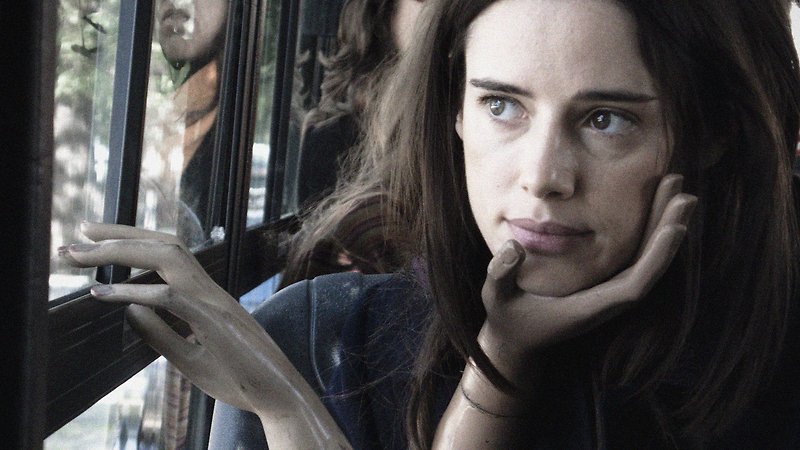A fresh, funny take on love in the city: a romcom in which the lovers have yet to meet. “Immensely likable… the Buenos Aires-set love story is unique to the Argentine capital, yet universal in theme.” — Variety

Immensely likable... the Buenos Aires-set love story is unique to the Argentine capital, yet universal in theme.
Screened as part of NZIFF 2011
Medianeras 2011
Medianeras is a fresh, funny take on love in (and for) the city – a romcom in which the lovers have yet to meet. Pinning its flag to the notion that a particular young man and a particular young woman are made for each other, it teases us with the likelihood that they might never meet – especially if they live in neighbouring apartment buildings in Buenos Aires.
Director Gustavo Taretto’s script has each of the two leads invite us into their solitary lives and give us their personal, insider’s guides to their city. (You may want to take notes.) Martìn (Javier Drolas) is a website designer working from his apartment. The film begins with his diatribe against the city’s architects, counterpointed by a deft collage of pairs of mismatched buildings. (Bursting with visual ideas, Taretto clearly loves Buenos Aires the way New Yorker cartoonists love New York.) An architect is just what Mariana (Pilar López de Ayala) has trained to be but she works, instead, as a designer of window displays for up-market stores.
It’s the word that names the featureless walls between abutting buildings that gives the film its name, but a critical perspective on urban design is only one of many things that promise to unite these two. Watching Taretto assemble his case for their getting together is enormous fun. His narrative seems constantly to be nudging them together, setting them up for a meaningful encounter, while they remain oblivious. Each is resolutely convinced that isolation in a confined space is the inevitable fate of the thinking, sensitive 21st-century urbanite. Before this film is over you may be begging the filmmaker to prove them wrong. — BG